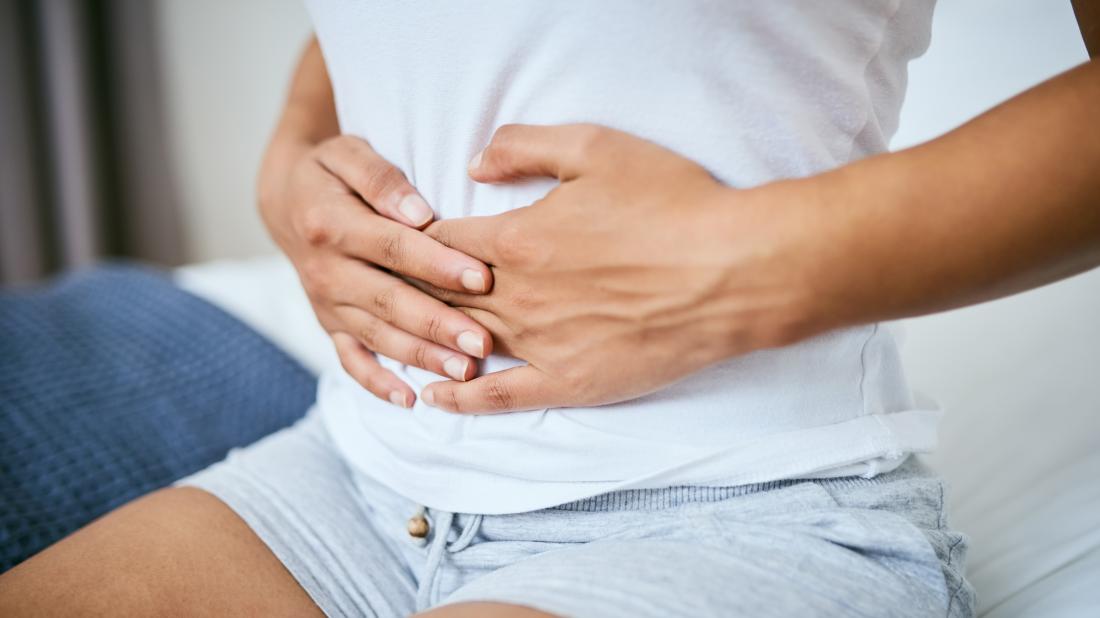SYMPTOMS
Constipation Treatment in Dubai

Constipation is a common problem. It means going to the toilet less often to empty the bowels or having difficulty going for a poop. The stool can often be hard, and it may be painful to pass. If the bowels are not emptied for several days, some people might experience bloating, crampy pains, nausea, and headaches.

What diseases cause constipation?
Most cases of constipation aren’t caused by a specific condition and it is often difficult to identify a cause. This is sometimes called idiopathic constipation. In idiopathic constipation, we think the bowels are slow but it is not clear why. Constipation may sometimes be due to irritable bowel syndrome (IBS). Other medical conditions that can sometimes cause constipation include diverticular disease, diabetes, an underactive thyroid (hypothyroidism), high levels of calcium in the blood (hypercalcemia), and neurological conditions such as multiple sclerosis, Parkinson’s disease, muscular dystrophy, or damage to the spinal cord. Colon cancer is a very rare cause of constipation.
What medicines cause constipation?
Many medicines can cause constipation as a side effect. These include codeine-containing painkillers and other strong painkillers such as tramadol and morphine, iron tablets, amitriptyline, and certain blood pressure medication such as amlodipine and diuretics. If your constipation symptoms started at around the same time as you started taking one of your medicines or at around the time the dose of one of your medicines was increased, you should speak to your doctor. Do not stop any medicines without medical advice.
Frequently Asked Questions
Constipation can be often made worse by diet and lifestyle factors. These include not eating enough fiber, not drinking enough fluid, not taking enough exercise, and ignoring the need to pass stool.
Although constipation can cause unpleasant symptoms, serious causes and serious complications are very rare. People often worry that their constipation is caused by a ‘blockage’ in their bowels caused by cancer. While this can happen it is very rare, and there are usually other symptoms such as bleeding, vomiting, weight loss, or severe tummy pain. People also worry that if they do not go for a poo for several days their bowels might ‘burst’. A burst bowel would be very rare – and once again would likely be preceded by severe tummy pain, marked bloating of the tummy, and vomiting. Another fear is that they will experience a dangerous build-up of ‘toxins’. This is not something that is supported by scientific evidence – the unpleasant symptoms of constipation are predominantly caused by a build-up of poop, which causes some stretching of the lining of the bowel wall.
If your symptoms have been present for a long time and there are no other symptoms, then usually a few blood tests are all that are needed. A simple X-ray of your tummy may also be helpful to look at the pattern of stool in the colon. If constipation is a new symptom that has been present for more than 3 or 4 weeks and there is no obvious cause you may need a colonoscopy. This is also the case if you have other symptoms such as blood in the stool or a sensation of a blockage in the rectum.
Constipation is usually treated with a combination of lifestyle and dietary changes plus medication (laxatives) if needed. Any underlying cause should be treated.
There is a large range of ‘normal’ bowel habits. Some people normally go to the toilet 2-3 times per day. For others, 2-3 times per week is normal. What is important is a change to your normal pattern of bowel movements. If you notice a persistent change (over 2 or 3 weeks) it would be sensible to make an appointment to speak with Dr Neil.
A blockage or narrowed area inside the bowel is very rare – although it can occur (most commonly due to cancer). It would be unusual for a narrowing inside the bowel to change the shape of the poo unless the narrowing was at the exit of the bowels (at the bottom of the rectum or in the back-passage / anus itself). Most of the time a change in the shape of your poo does not have a worrying explanation. Speak to Dr Neil if you are concerned.
The name that doctors use for this symptom is tenesmus. Tenesmus can be caused by a build-up of hard impacted poo, inflammation of the lining of the rectum, or even a growth in the rectum such as a polyp or cancer. If you experience these symptoms make an appointment to see Dr Neil as you may need a colonoscopy.
Most of the time, fresh blood on the paper after wiping is caused by hemorrhoids (piles) which can be made worse by constipation or straining. Sometimes straining can cause a small tear (anal fissure) at the back passage which can bleed and can cause passing stool to be very painful. You should Dr Neil if you see blood mixed with your poo or if the bleeding lasts more than a week or two.
Some people believe that old poop can build up along the wall of the colon – much in the same way that scale can build up in a pipe. They believe that this build-up can carry dangerous bacteria and toxins which can cause ill health and advocate the use of colon irrigation or colon cleansers. Usually, water (which may contain herbs or other chemicals) is injected into the colon through a tube passed into the back-passage and rectum. There is no good scientific evidence to support to use of colonic irrigation or colon cleansing. The equipment can cause infection or damage to the bowel. Frequent use of colonic irrigation can make your colon become dependent on enemas to empty properly.

Dr Neil has extensive experience in investigating and treating constipation and other intestinal problems in Dubai. Make an appointment to speak with Dr Neil if you have troublesome constipation or are concerned about your digestive health.
